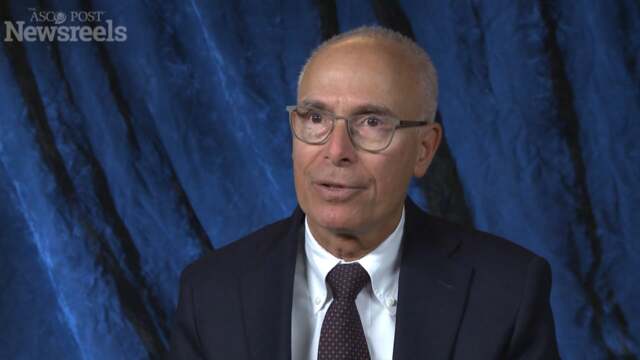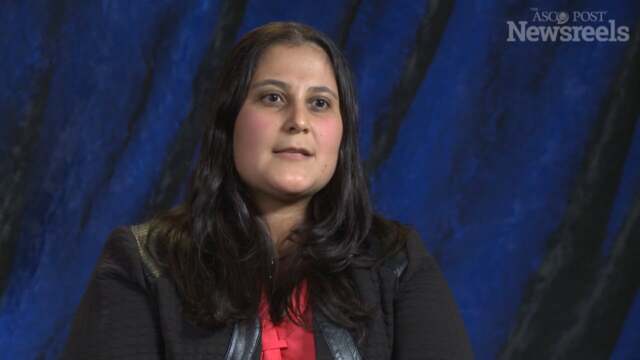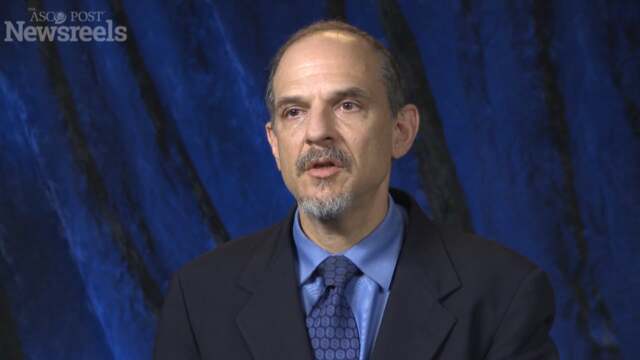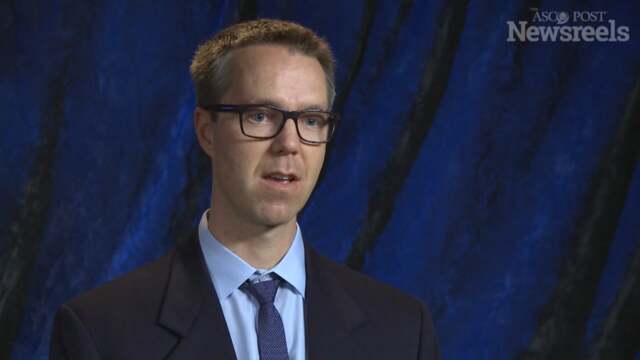J. Nicholas Dionne-Odom, PhD, on Supporting Family Caregivers: The ENABLE Model
2016 Palliative Care in Oncology Symposium
J. Nicholas Dionne-Odom, PhD, of the University of Alabama at Birmingham, discusses the “hidden” health-care workforce of family caregivers and what clinicians can do to help ease the burden on families.
Stephen T. Sonis, DMD, DMSc, of Dana-Farber Cancer Institute, discusses the epidemiology, pathogenesis, and scope of oral complications of radiation therapy.
Areej El-Jawahri, MD, of Massachusetts General Hospital, discusses ways in which palliative care can reduce symptoms, improve quality of life, reduce depression and anxiety, and potentially optimize end-of-life care for patients with hematologic malignancies.
Charles D. Blanke, MD, of the Oregon Health & Science University and Southwest Oncology Group, discusses the nearly 20 years’ experience with Oregon’s Death With Dignity (DWD) Act, a voter initiative that led to the first such law enacted in the United States (Abstract 44).
Randy L. Wei, MD, PhD, of the University of California, Irvine, discusses findings from a survey that focused on ASTRO members who assessed their ability to deliver palliative and supportive care, and their access to continuing medical education on the topic (Abstract 105).
Eric Roeland, MD, of the University of California, San Diego, discusses the key papers presented at this year’s Palliative Care in Oncology Symposium.





